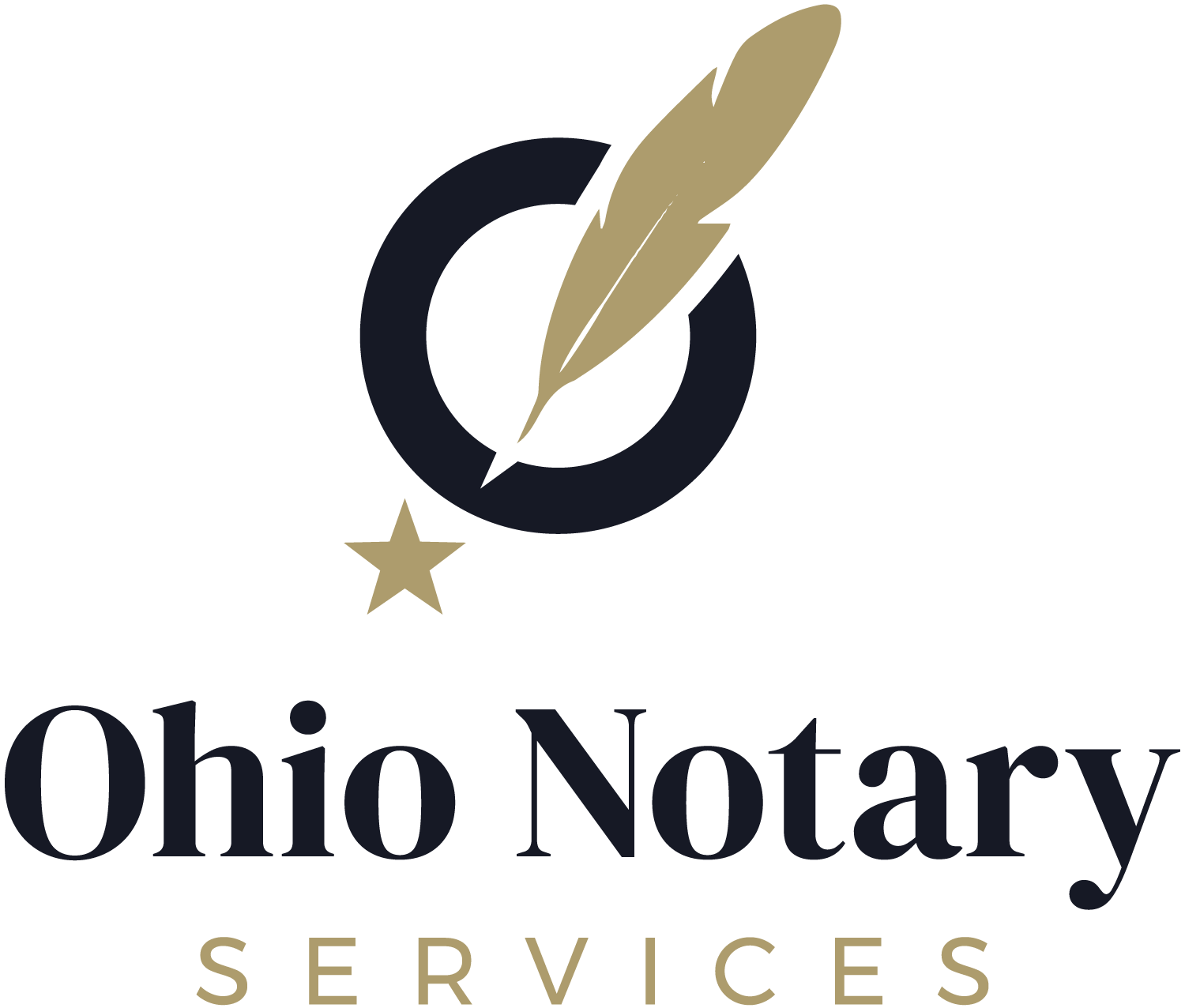Demystifying Notarial Work: Streamlining the Role and Value of Notaries
In the complex internet of lawful documents and confirmation, notaries stand as pillars of assurance and authenticity. Their role, often shrouded in secret for lots of, brings considerable weight in making certain the legitimacy and integrity of important records. As guardians of legality and fact, notaries play a pivotal part in our society, yet their work is not constantly totally understood. By unraveling the intricacies bordering notarial methods and shedding light on the significance of their acts, a clearer understanding arises of the crucial function notaries play in maintaining the material of contractual and legal agreements.
The Background of Notarial Work
The background of notarial work dates back to old worlds, where scribes played a vital function in taping important details and authenticating records. This led to the advancement of notaries, individuals appointed by the state to act as unbiased witnesses in legal issues.
Throughout the Middle Ages, notaries got importance in Europe, with their functions increasing to consist of drafting legal documents, certifying trademarks, and protecting documents. The rise of worldwide profession additionally highlighted the significance of notarial job in confirming agreements and arrangements across boundaries.
In the modern-day age, notaries remain to play a crucial function in lawful and organization transactions by confirming identities, verifying the credibility of records, and preventing fraudulence. Their function in certifying the validity of contracts adds a layer of safety and security and trust to the ever-evolving landscape of commerce and legislation.

Tasks and Duties of Notaries
The historic development of notarial job from old people to the contemporary age has actually formed the distinctive tasks and duties that notaries promote in lawful and service transactions today. Notaries play an essential role in validating the authenticity of files and the identity of signatures. One of their main duties is to witness the finalizing of important documents, such as acts, wills, and contracts, to make sure that all events are getting in into arrangements purposefully and voluntarily. Notaries likewise validate that notaries are of audio mind and not under pressure or coercion.
Furthermore, notaries are entrusted with administering affirmations and oaths, which are essential in legal process and the implementation of affidavits. They certify duplicates of original records, supplying assurance to institutions that the duplicates are real replicas of the originals. Notaries must preserve exact documents of all deals they oversee to make certain transparency and accountability. Overall, the responsibilities and responsibilities of notaries are crucial in guarding the integrity and legality of various records and transactions.
Notarial Certificates and Signatures
Exemplifying thorough attention to detail, notarial certificates and signatures act as crucial components in verifying the authenticity of lawful papers. Notarial certificates usually consist of critical details such as the day of notarization, the names of the signatures, a description of the document, and the notary's main seal. These certifications give a clear document of the notarial act, ensuring that the file can be quickly determined and mapped back to the notary that managed the process.
Trademarks play a critical role in notarial visite site work, as they represent the contract and permission of the celebrations entailed. Notaries meticulously witness the signing of papers to validate the identity of the signatures and verify that they are signing of their very own totally free will. By fastening their main seal and signature to the document, notaries accredit that the needed procedures have actually been followed which the document is enforceable and legitimate.
Fundamentally, notarial certificates and trademarks are the trademark of credibility in legal purchases, offering guarantee to all celebrations entailed that the records are reputable and binding.
Relevance of Notarial Acts

Notarization Process Described
The registration procedure normally begins with the specific presenting the paper to a notary public. Once the identity is validated, the notary ensures that the private authorizing the document does so willingly and without any type of threat.

Conclusion

Notarial certifications usually contain essential info such as the day of registration, the names of the notaries, a summary of the record, and the notary's official seal. These certificates supply a clear document of the notarial explanation act, guaranteeing that the record can be quickly identified and traced back to the notary that looked after the procedure.
By affixing their main seal and signature to the paper, notaries license that the needed procedures have been complied with and that the file is valid and enforceable.
By validating the identification of the signatories, verifying their desire to get in right into the contract, and accrediting the day and place of the signing, notaries play a crucial duty in upholding the credibility of lawful records.After the file is signed, the notary will attach their main seal or stamp onto the document.